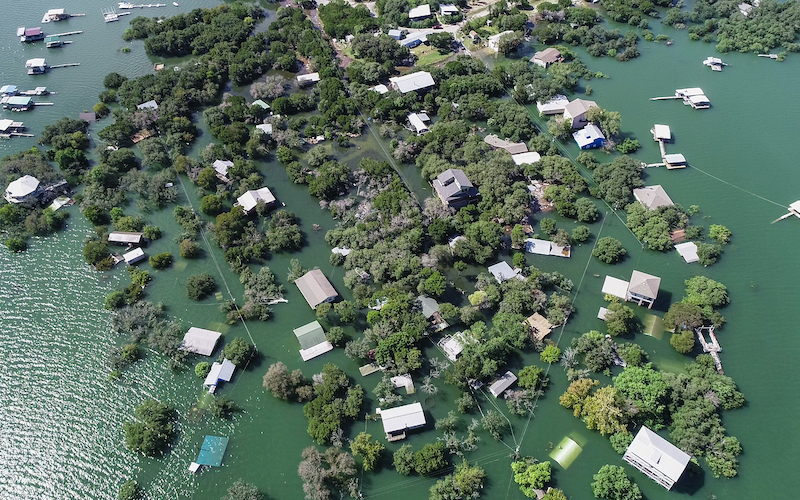"Always make you feel like family and easy to get in touch with when you need them!"
Flood Insurance Program Changes

A dramatic shift in the National Flood Insurance Program (NFIP) will have far-reaching implications for both homeowners and the private insurance industry. For the first time, beginning in October 2020, the NFIP will calculate rates based on actual flood risk models.
The result could mean significantly higher rates for properties in areas with the highest risk of floods, as well as a much larger number of properties covered by flood insurance overall. Those outcomes should present a significant opportunity for private insurers to penetrate the flood insurance market.
The changes are the most consequential since the NFIP was created, even though the case for reform has long been clear. Premiums collected by the NFIP have been woefully insufficient to cover flood losses for years, creating a gusher of debt that topped $30 billion in 2017.
Much of that can be traced to the structure of the program. Without accurate flood risk models, the NFIP has used a simple approach: only properties located within a 100-year flood zone could purchase coverage, and the rates within a flood zone were uniform. So, for example, a property on stilts half a mile from the ocean is charged the same premium as an oceanfront property.
Building a book of flood insurance business has been incredibly difficult for the private market. The inability to accurately analyze risk and the federal program’s artificially low, taxpayer-supported premiums have been the primary obstacles.
The new risk maps move away from that one-price-for-all approach and designate several levels of risk, which will enable both the NFIP and private insurers to much more accurately calculate appropriate premiums. The expected increase in the national program’s rates will, for the first time, make private carriers competitive.
The new maps also, for the first time, make clear the flood risk for properties that sit outside a 100-year flood zone. Despite the fact the national program only covers those properties, only about 50 percent of all flood-related losses occur in 100-year zones. That represents a lot of opportunity for insurers nationwide, not just those in coastal regions.
At the same time, the changes also provide an opportunity for the private insurance market to finally bundle coverages to create a more comprehensive program for coastal property owners who face the highest risk of hurricanes. (Most hurricane policies today cover wind damage but not flood damage.)
Finally, there is concern that more accurate risk-based pricing could disincentivize new development and/or hurt property values in the highest risk areas. Correll Insurance Group will certainly pay close attention to this issue over the next year before the new rates take effect, but on the whole we are supportive of the changes. Reforming the NFIP with a goal of stopping the massive annual losses it has incurred while simultaneously providing the private market a legitimate opportunity to compete for this line of business is a win.
Local Agent. National Support.
Correll Insurance Group offers the best of both worlds—you get to use a local, independent agent who lives in your town and knows you personally, but this agent is backed by a strong, national firm that has served the Southeast for nearly 90 years. So you don’t have to choose between having a personal relationship with your agent and knowing they have access to world renowned markets. You’ll get both with Correll.
© 2026 David A Crotts & Associates
Site by ALINE, A Marketing Company
The information presented on or through this website is made available solely for general information purposes. We do not warrant the accuracy, completeness, or usefulness of this information. Any reliance you place on such information is strictly at your own risk. We disclaim all liability and responsibility arising from any reliance placed on such materials by you or any other visitor to this website, or by anyone who may be informed of any of its contents.
This website may include content provided by third parties, including materials provided by other users, third-party licensors, syndicators, aggregators, and/or reporting services. All statements and/or opinions expressed in these materials, and all articles and responses to questions and other content, other than the content provided by Correll, are solely the opinions and responsibility of the person or entity providing those materials. These materials do not necessarily reflect the opinions or beliefs of Correll or any of its employees.
David A Crotts & Associates is a member of Correll Insurance Group and works to bring you coverage that meets your needs. Visit our corporate site to learn more.

